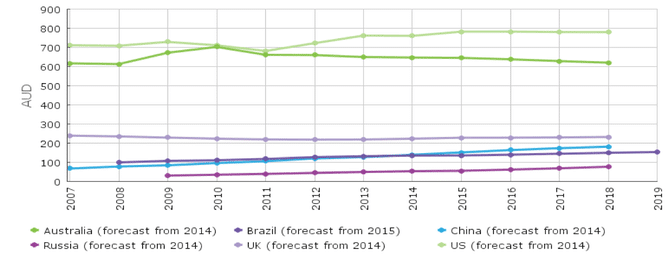Corporations as Agents for Positive Change
The shift in the perceived role of corporations as solely profit generators to agents for positive change has become clearer than ever before with the new UN Sustainable Development Goals (SDGs).
The SDGs focus on the greatest challenges faced by humanity with the aim of ending poverty and hunger, misery and war, unfairness and inequality. Clearly, governments alone cannot achieve this big agenda, nor should they. Businesses have enormous power, resources, and knowledge to assist. Corporate responsibility is no longer about doing less harm, or giving money to charity.







